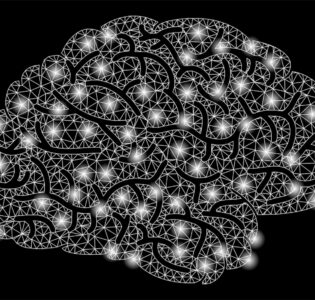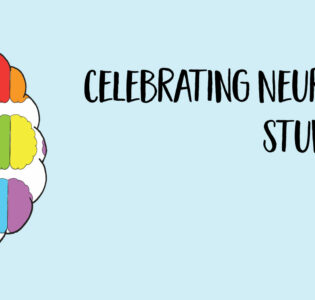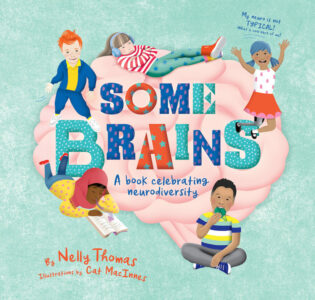Neurodiversity Hub
A resource to support neurodiverse students with transition to University and Employment

The Neurodiversity Hub (NDH) is about creating a co-curricular program to assist neurodiverse students to become more work-ready and increase their chances of obtaining a job and starting a career. It is also an opportunity for employers to better understand and interact with this cohort and develop approaches to accommodating them and accessing their talent within their businesses.
FOR SECONDARY SCHOOL STUDENTS
The Hub also provides a range of resources that could be useful to students in Years 10, 11 and 12, including resources on topics such as transitioning to university, financial literacy and careers’ fairs
(refer: https://www.neurodiversityhub.org/resources#resources-for-students):
– Transition to university
- Materials derived through research conducted by La Trobe University and RMIT
- Resources developed by Stairway to STEM (U.S. organisation)
– Financial literacy – refer to the “NDH MoneyBasics” nine-week course (group or self-study)
– Guide to employer expos – a “careers fair survival guide” – to help you prepare for such events
– Various other tools to assist with their studies and their wellbeing.
Below are some summary points relating to various aspects of transitioning to university – but please check out the more detailed materials on the website.
TRANSITION TO UNIVERSITY
Commencing university is an exciting but also overwhelming time. You will have new experiences, meet new people, and have more independence and freedom than you did in high school. Read the following tips about how to successfully transition to university.
What to do before university commences
a) Contact the disability/accessibility services unit, before classes begin. You need to know what documentation your university requires, so you can receive the reasonable adjustments and accommodations you are entitled to. You should also ask about what other support services are offered (peer mentoring/coaching programs, tutors, study skills/time management workshops, career programs, etc.).
b) Register for courses before classes begin. Registration is mostly online, but it is always best to check with your university. At some universities registration for classes is in person and during orientation. Make sure you know what day registration opens and closes. It is also recommended to talk with your course/faculty advisor to discuss what subjects you should take.
What to do during orientation week
c) Attend orientation events to learn about what your university offers. You should also get involved with on-campus activities and meet students who have similar interests as you. It is easier to make friends with people who you have something in common with.
d) Familiarise yourself with the campus before classes begin. Make sure you know where all of your classes are and how long it will take you to get to them. Check to see if your university is on the app, ‘Lost On Campus’.
e) Classes at university differ from your classes in high school. While some of your classes at university may be small, you may also have a lecture with many students in a large lecture hall. Attendance may or may not be mandatory, however, it is strongly encouraged you attend every class. You may also have tutorials or laboratories where attendance is not required, however, again it is encouraged you attend.
How University is different from High School
f) Your schedule at university is not as structured as it is in high school. At university, you will experience more freedom with your time. You may find it helpful to get a planner and write down all of your class times, exam dates, paper/project due dates and dedicated study and free time. You can also contact the accessibility services unit to see if time management workshops are offered.
Other resources at University
g) Once you have settled into a routine at university, visit the career services center to learn about career opportunities (open house visits, job shadowing experiences, mentorship programs, internships, etc.) and if there are employer programs aimed specifically at neurodiverse students.
h) Take care of yourself! It is important to eat healthy, exercise, and get sufficient sleep. Exercise can reduce anxiety and stress levels. At various points in your university career, you may find yourself struggling with personal issues. If so, visit the counseling services center to talk with a professional who can help you feel your best.
PROVIDE FEEDBACK / CONTACT US
It would be great to hear back from you on your thoughts on the NDH materials. Also, if you have any ideas on other resources that could be useful – that we might be able to develop or source from one of the partner organisations in the Hub, reach out to us! Please contact us on [email protected]
We are also keen to hear from employers who have an interest in getting involved. The Hub also includes a number of great resources for employers https://www.neurodiversityhub.org/resources#resources-for-employers
You can also reach out to us on [email protected]
Andrew Eddy – Director, Untapped
Quinn Bisetta – Cornell ILR School Student (’20) & Consulting Intern, Untapped




